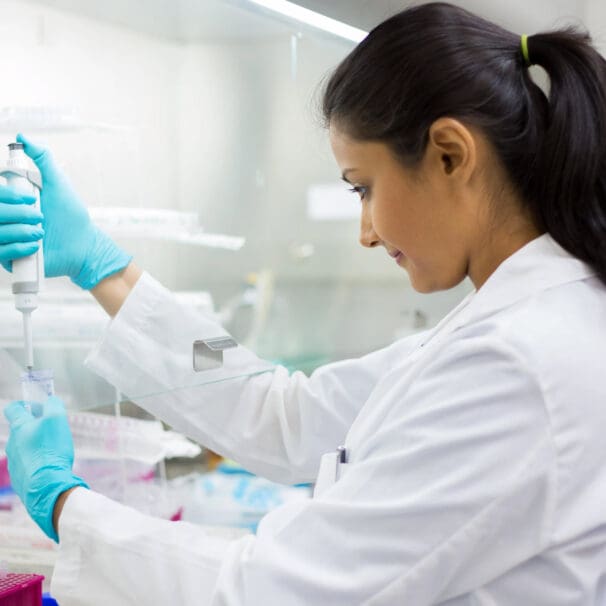HealthProviders DB is a comprehensive database of healthcare providers, including a complete directory of all Clinical Pharmacologists.
Physician Healthcare Taxonomy Code 208U00000X
As of today, the following are the total number of Clinical Pharmacologists nationally, in your State, and near your location.
Select a State below to view the list by State. Additionally, you can narrow the list by city, among other options, from the Filter Panel, which you can open by clicking the vertical ellipses ⋮ in the upper right corner of the app.
Alaska – Alabama – Armed Forces Pacific – Arkansas – American Samoa – Arizona – California – Colorado – Connecticut – District of Columbia – Delaware – Florida – Federated States of Micronesia – Georgia – Guam – Hawaii – Iowa – Idaho – Illinois – Indiana – Kansas – Kentucky – Louisiana – Massachusetts – Maryland – Maine – Marshall Islands – Michigan – Minnesota – Missouri – Northern Mariana Islands – Mississippi – Montana – North Carolina – North Dakota – Nebraska – New Hampshire – New Jersey – New Mexico – Nevada – New York – Ohio – Oklahoma – Oregon – Pennsylvania – Puerto Rico – Palau – Rhode Island – South Carolina – South Dakota – Tennessee – Texas – Utah – Virginia – Virgin Islands – Vermont – Washington – Wisconsin – West Virginia – Wyoming
Medicare
The following are the total number of Clinical Pharmacologists who accept Medicare in your State, the number who have opted out of Medicare, and the total number excluded from participation in Medicare nationwide.
The diagram below shows all the Clinical Pharmacologists across the country, represented by blue bubbles. The larger the bubble, the greater the concentration of providers in that area. Red bubbles represent Medicare-excluded providers, with the larger bubbles indicating a higher percentage of excluded providers in that region. You can change the bubble size to be based on exclusions from the Size menu.
What do Clinical Pharmacologists do?
Clinical Pharmacologists specialize in the safe, effective, and rational use of medications by studying how drugs affect the human body, designing and monitoring clinical drug trials, and advising healthcare teams and patients on appropriate drug use.
They conduct research on new drugs, analyze drug interactions and side effects, and provide expert guidance, often in academic, industry, or hospital settings.
What they do
Drug Management: They promote the safe, economic, and efficient use of medicines to improve patient outcomes and support the quality and sustainability of drug use.
Research and Development: Clinical pharmacologists are involved in the entire drug development process, from initial research and drug discovery to the design and oversight of clinical trials and the evaluation of the effectiveness and safety of new drugs.
Drug Evaluation: They assess how drugs work in the body (pharmacokinetics) and how they interact with diseases and other medications.
Patient Care: They provide specialist advice to other doctors and patients, especially those with complex conditions or multiple medications (polypharmacy). This can include helping to manage chronic conditions, such as diabetes or high blood pressure, and finding safer, more affordable alternatives to existing medications.
Adverse Event Management: They investigate drug interactions and side effects, and some with toxicology expertise work in poison centers, providing critical advice on drug poisoning cases.
Policy and Education: They contribute to the development and implementation of drug safety guidelines and provide education to healthcare professionals on best practices for the safe use of medications.

